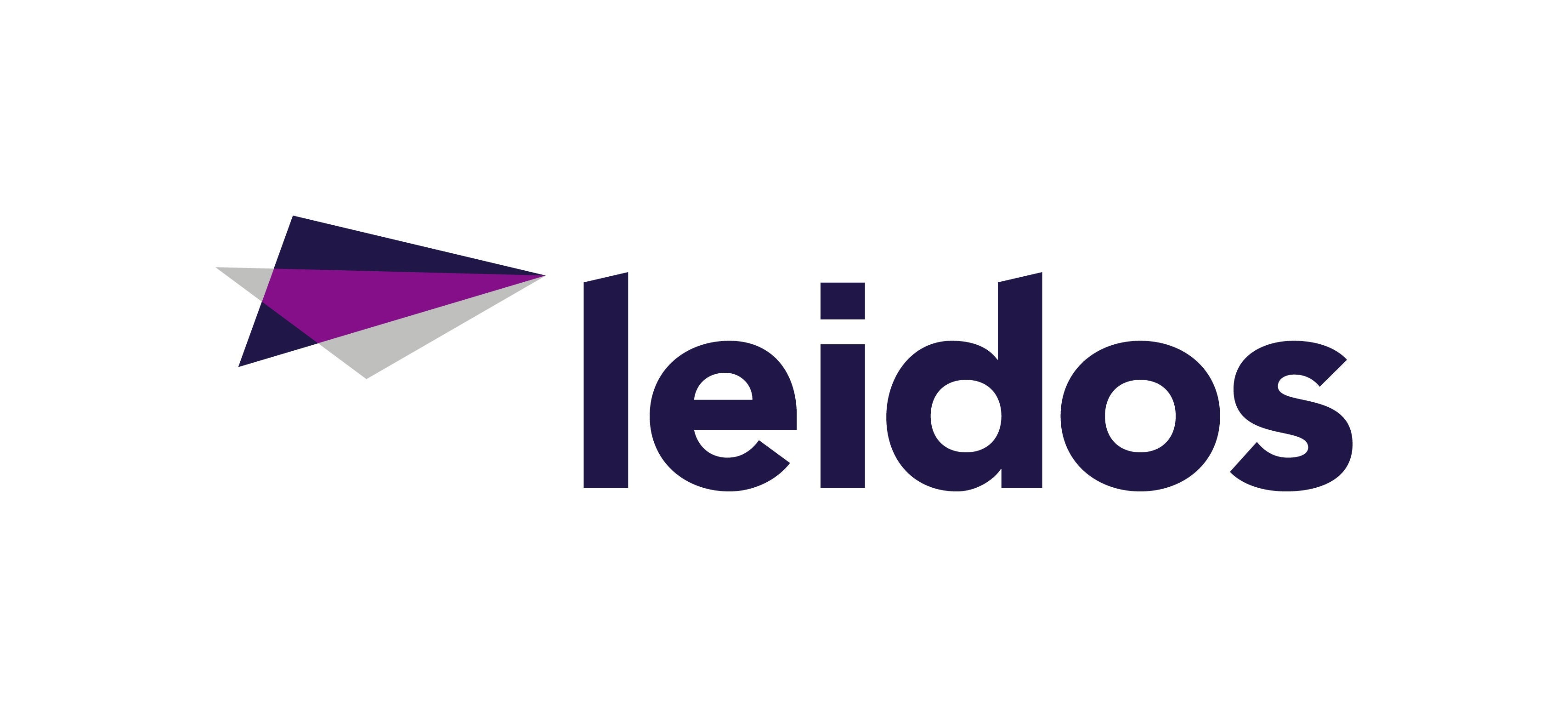
Against the backdrop of budget constraints and a growing and ageing population, the National Health Service is under pressure to do more with less. The system is stretched to maximum capacity and in need of a solution to its problems managing patient flow. In the long term, the focus of healthcare must shift from cure to prevention, namely alleviating the pressure on the NHS by reducing the number of visits to hospitals in the first place, especially those that are later found to be unnecessary.
But for people who do need to go to hospital, more must be done to ensure that they are receiving the most effective care in a timely and reliable fashion. Technology, such as the digital education service under development by Olympus and digital health specialist Inhealthcare, can play a role in delivering on this ambition and driving efficiencies.
The NHS is routinely undermined by missed appointments. The procedural waste as a result of someone not attending a check-up, scan or test, for example, has a knock-on effect on a hospital’s scheduling. One missed appointment, or Did Not Attend (DNA), means pushing back or delaying another. It also means that the person who has missed their appointment is not receiving the treatment and guidance they need to get better, when they need it.
There are many reasons why someone may not attend a hospital appointment, and it would be unrealistic to set the target of having no DNAs whatsoever, but where possible, it is vital that the NHS is able to limit the factors on the organisation’s part, including paper-based administration, that contribute to them.
Too many missed appointments can be explained by a lost letter or one that never arrived. Too many appointments can end up being a waste of time because a patient wasn’t given the proper guidance on how to prepare for it. The digital education service being developed by Olympus and Inhealthcare is currently being trialled in South Tees Hospitals NHS Foundation Trust with a view to being rolled out more widely in the New Year.
It aims to engage patients throughout their treatment pathway – from referral to appointment to diagnosis and beyond. It is a cloud-based platform that provides a clinician-to-patient interface, with information from the hospital delivered safely and securely to a personal computer or smartphone.
According to “Endoscopy in 2017”, a national survey of the practice across the United Kingdom, half of NHS trusts fail to meet their target of a 5 per cent DNA rate. The digital education service, it is hoped, will go some way towards empowering patients and clinicians alike. It can help people to take control of their treatments, with regular dialogue ensuring an ongoing care process, rather than something that is hard to follow and less supportive and informative for patients.
The digital education service comprises an electronic referral and appointment letter delivered by email or text message, instructions on how to get to the relevant clinic, a Frequently Asked Questions digital briefing document, and a medical questionnaire to determine a patient’s eligibility or suitability for a treatment, which can help to pre-assess them in advance of their appointment. Most importantly this early contact will include key patient education support materials, many of which are currently paper based.
The tool allows any trust to quickly update or reference their chosen sources and add in links to trusted NHS websites for further supportive information. Furthermore, five days before an endoscopy the digital education service sends information about the necessary dietary changes and bowel preparation, with follow-up reminders explaining how and when to act. Any existing medications that need to be halted ahead of the procedure are also identified in the pre-assessment stage and the patient receives tailored messages to remind them to stop at the correct time.
If patients fail to open their communication materials after a certain amount of time, hospital staff receive an alert, giving them the chance to send further reminders, or to intervene and ensure they are on track to complete the necessary preparations. As it is rolled out more widely, the digital education service can lead to fewer late cancellations, allow pre-assessment triage and cut down on hospital administration time and paper usage, reducing the NHS’s impact on the environment.
As technology’s pervasiveness continues to grow, and with many people having already made the transition from print to digital in various other aspects of their lives, it stands to reason that healthcare should modernise alongside this trend. There is clearly a public appetite for speed and convenience – the digital education service delivers accurate and useful information in near real time – and that is mirrored by clinical and administrative staff. Unburdening NHS staff from chasing up missed appointments means that they can focus their efforts on supporting patients.
Improving DNA rates and limiting process inefficiencies, ultimately, should represent rare points of consensus for policymakers. The NHS is an asset that needs to be protected and supported in trying economic times. Waste, where it can be avoided, should be, and managing endoscopy schedules more effectively could also help to achieve the earlier diagnosis goals laid out in the NHS Long Term Plan.
By giving patients prompt and personalised support the digital education service can not only improve their treatment experience, but it can help them to better understand their condition. In the long run, this will work towards reducing the chance of them needing to come back to hospital.
Graham Popham is general manager for market access at Olympus.



